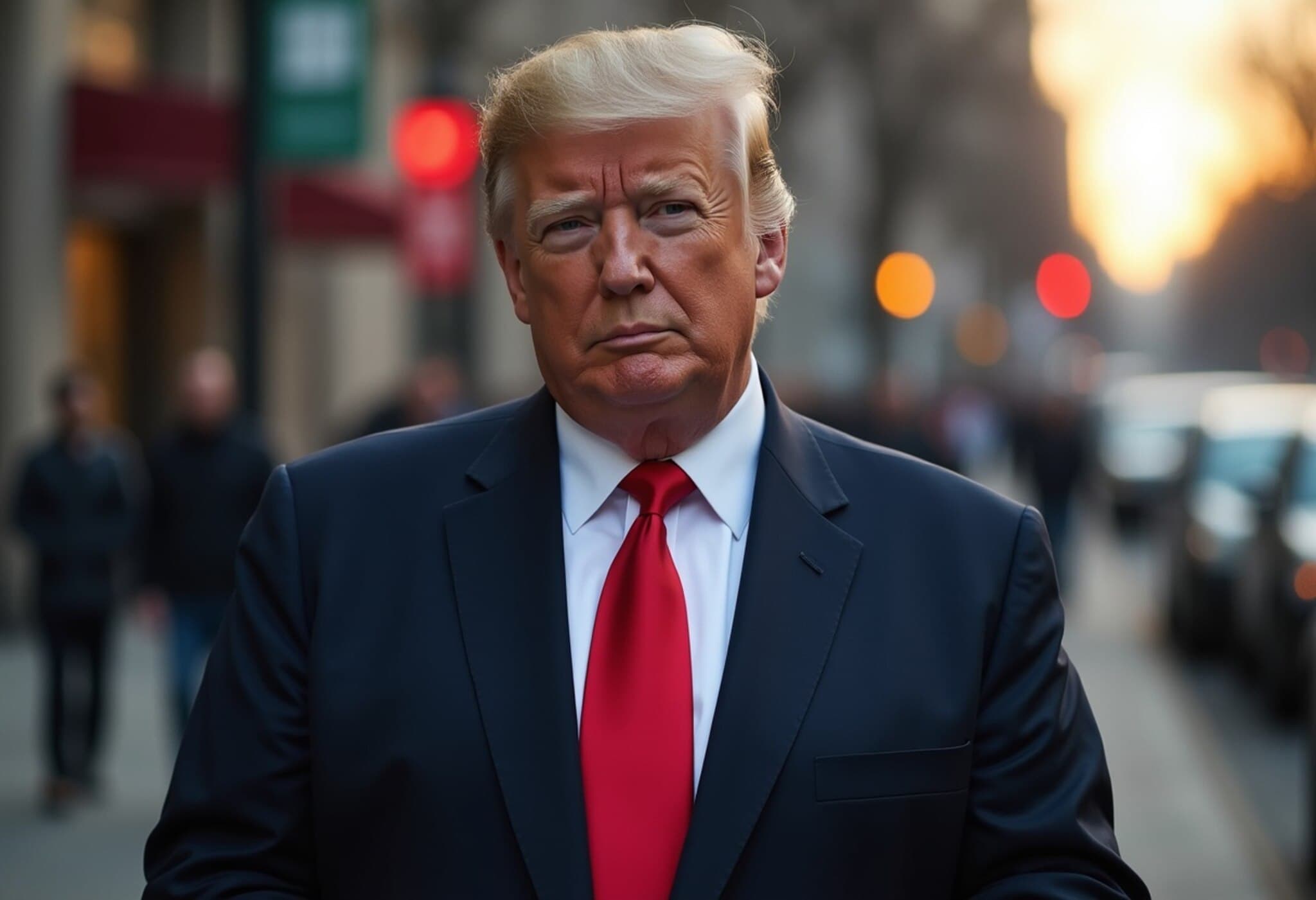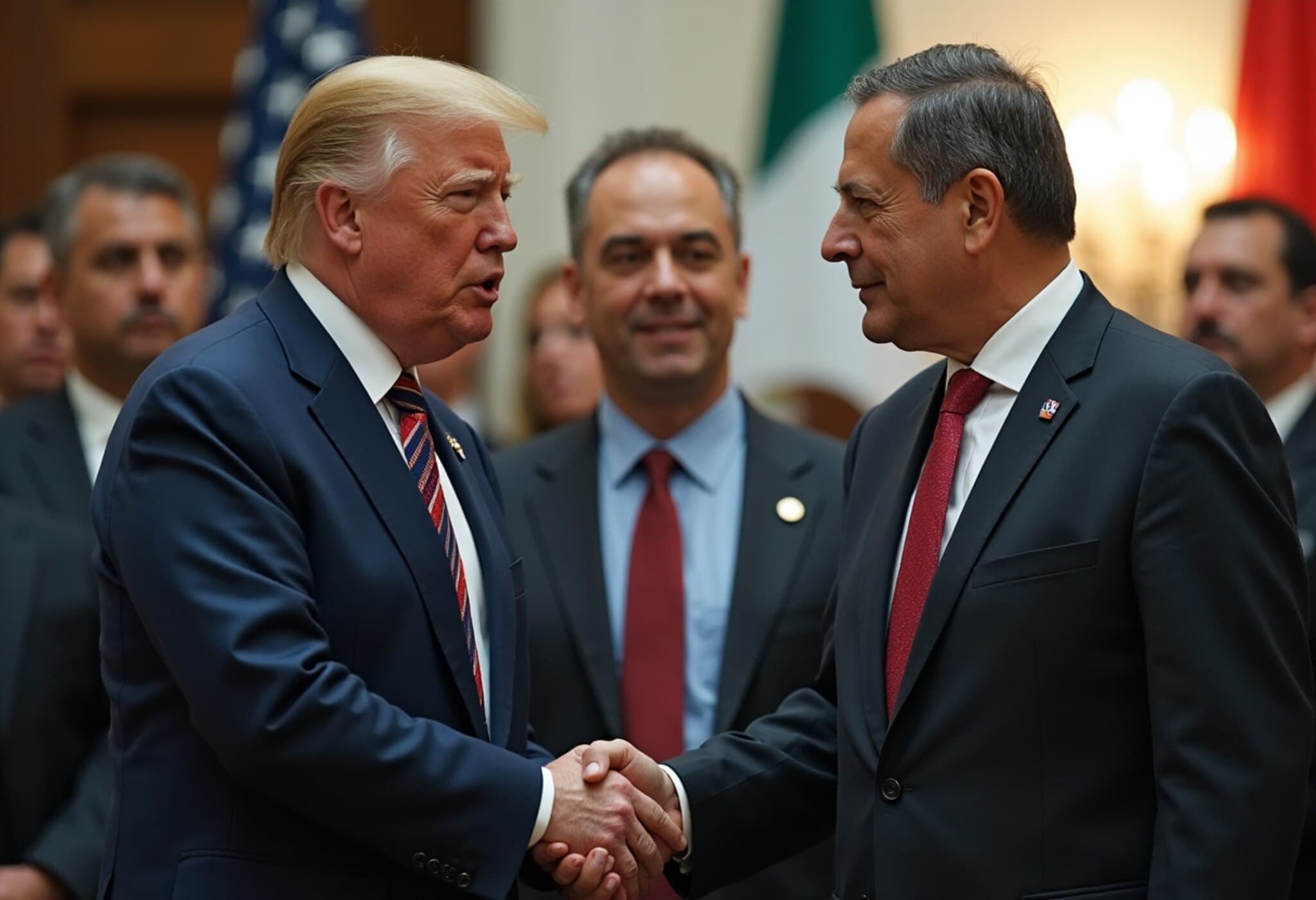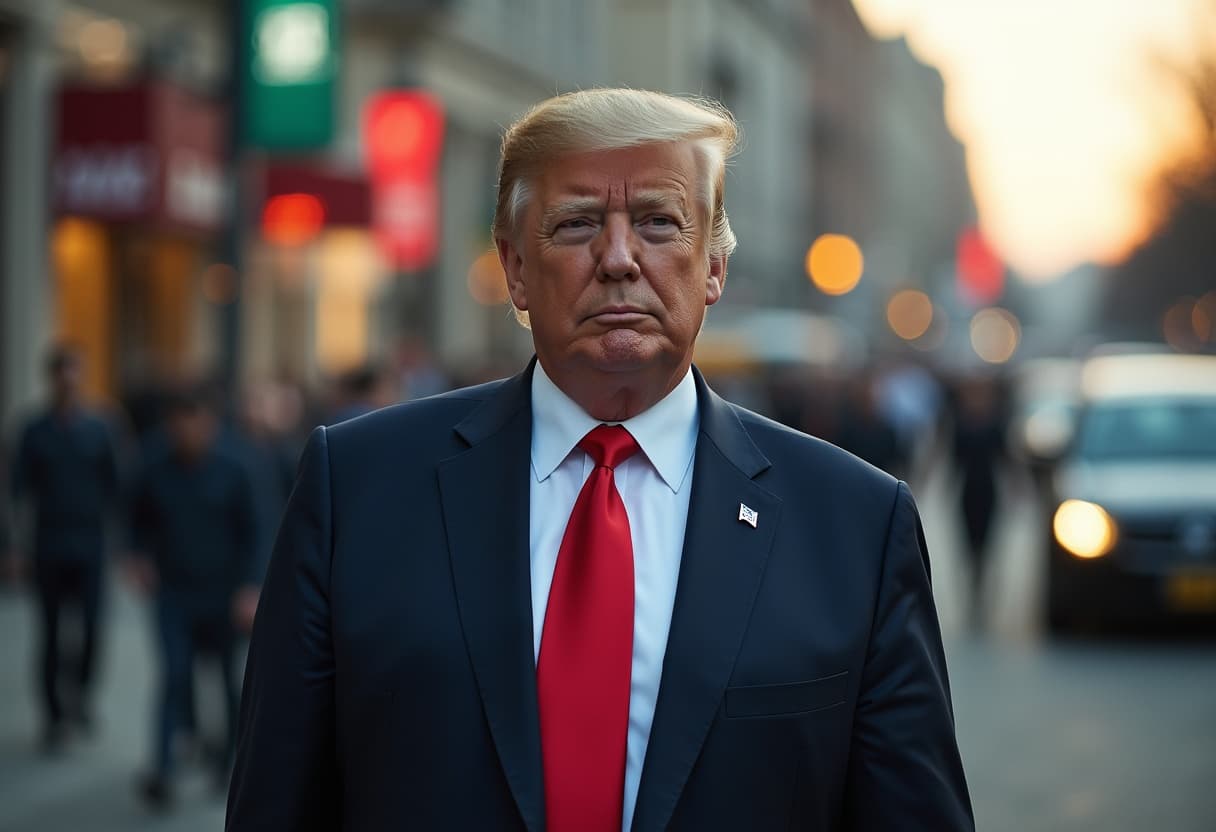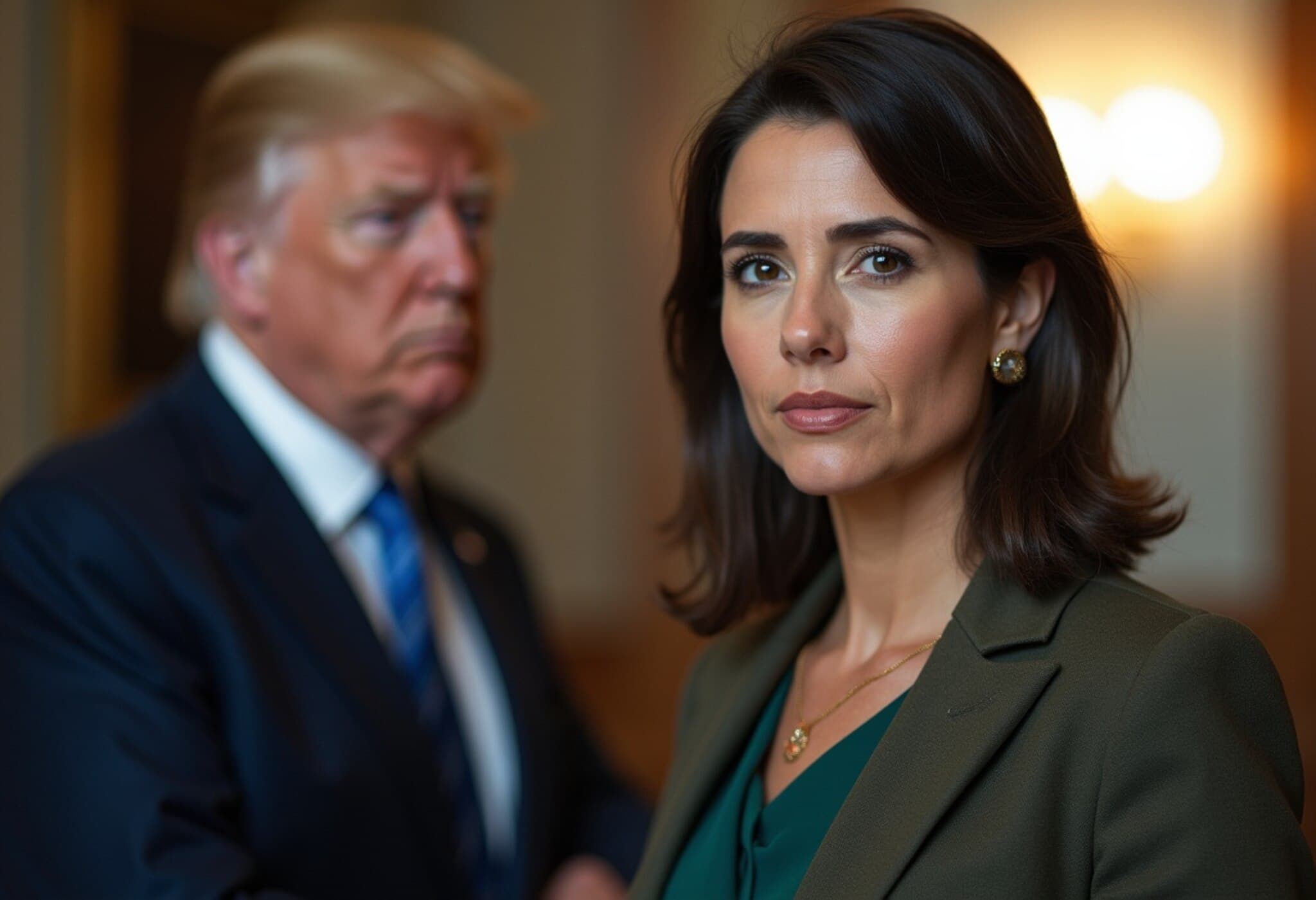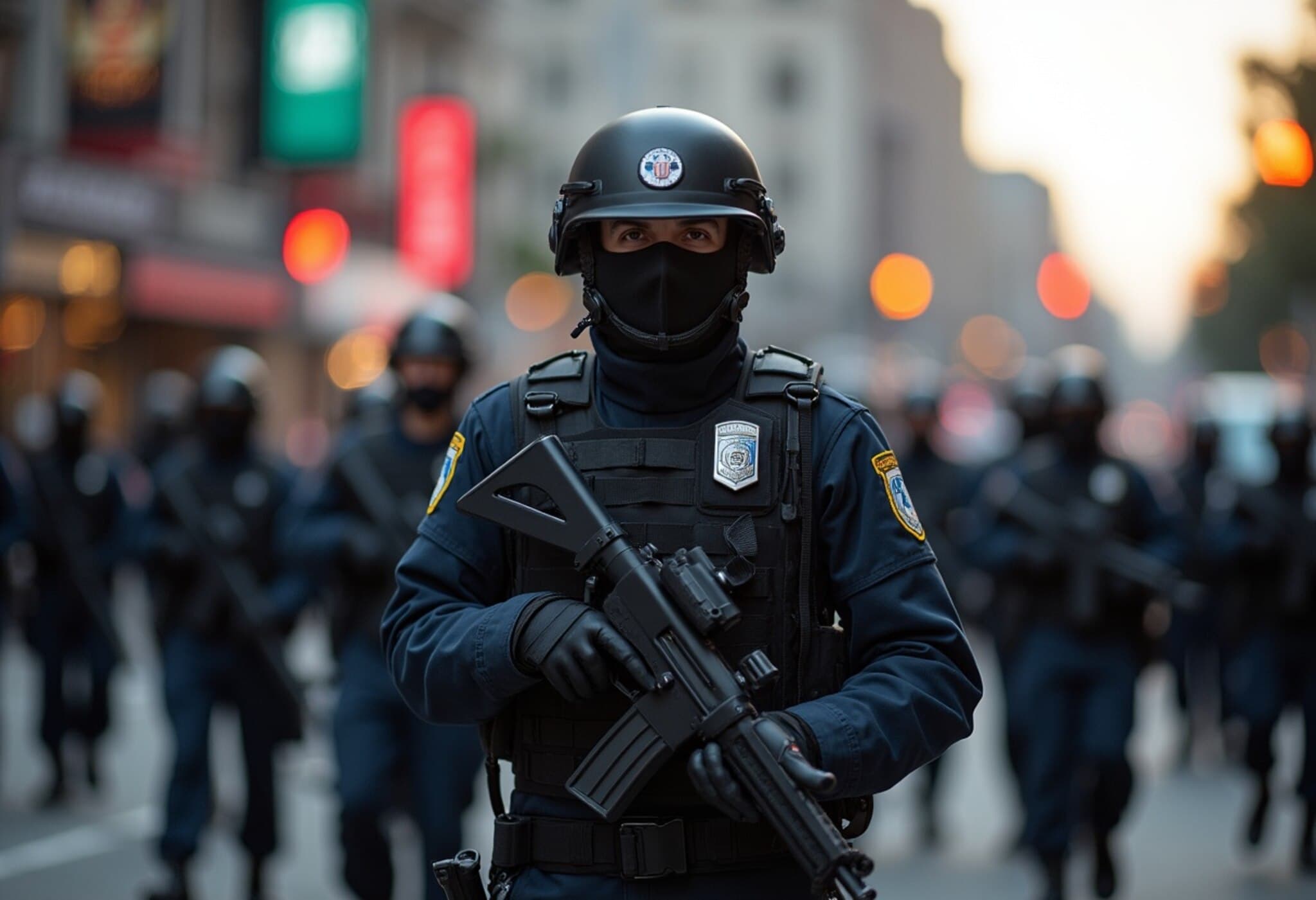Mexico Transfers 26 Alleged Drug Cartel Members to the United States
In a significant development in the ongoing battle against drug trafficking across the US-Mexico border, Mexican authorities have extradited 26 suspected members of notorious drug cartels to the United States. This move, confirmed by Mexico's Attorney General's Office and Security Ministry, comes amid intense pressure from the US government for concerted action to dismantle violent criminal organizations operating in the region.
Key Figures and Cartel Affiliations Involved
Among those transferred is Abigael González Valencia, a high-ranking figure within the "Los Cuinis" organization, which maintains close ties to the infamous Jalisco New Generation Cartel (CJNG). The CJNG has emerged as one of Mexico's most powerful and violent criminal enterprises, known for its sprawling drug trafficking networks and brutal enforcement tactics.
Additional detainees include individuals linked to other major criminal syndicates such as the Sinaloa Cartel and Los Zetas. One high-profile name is Roberto Salazar, wanted by US authorities in relation to the 2008 murder of a Los Angeles County sheriff's deputy—highlighting the deadly cross-border impact of these cartels.
Diplomatic Coordination and Legal Assurance
This extradition reflects close coordination between Mexican and US authorities under the Trump administration, aligned towards a shared priority of curbing drug-related violence and trafficking. The US Justice Department formally requested these extraditions and, importantly, Mexico assured that none of the transferred suspects would face the death penalty—a critical factor given Mexico's legal and human rights frameworks.
US Ambassador to Mexico, Ronald Johnson, praised the move as "yet another example of what is possible when two governments unite against violence and impunity." This highlights the potential for strengthened bilateral cooperation in tackling transnational crime.
Political Context and Regional Implications
Previously in February, a similar transfer occurred when 29 suspected cartel members were sent to the US, igniting domestic debate in Mexico about the sovereignty and legality of such decisions. Mexican President Claudia Sheinbaum’s approval of this recent extradition batch underscores the delicate balancing act Mexican leadership faces—maintaining national control while navigating US political pressures and threats of unilateral military interventions promised by former US President Trump.
Experts note that these extraditions may serve as a strategic move by Mexico to demonstrate active engagement in eradicating drug trafficking without ceding excessive control over its justice system. At the same time, by extraditing high-profile criminals to US jurisdiction, Mexico potentially mitigates the risks of internal cartel retaliation and corruption within its own law enforcement.
Broader Impact on US-Mexico Drug Policy
- Enhanced law enforcement cooperation: These transfers reflect deeper collaboration between Mexican and US agencies combating organized crime.
- Shifts in cartel power dynamics: Removing key leaders disrupts drug trafficking operations but may also fuel power struggles and violence domestically.
- Human rights considerations: Mexico’s insistence on no death penalty reflects ongoing challenges in harmonizing cross-border criminal justice approaches.
While the extraditions mark progress, analysts caution that sustainable reduction in drug trafficking requires addressing root causes such as poverty, corruption, and demand for narcotics in the US market.
Editor’s Note
The extradition of 26 high-profile cartel suspects to the United States signals a moment of intense cooperation but also complexity in US-Mexico relations. Beyond headline arrests, this story reveals the nuanced geopolitical balancing act Mexico navigates to uphold sovereignty while responding to external pressures. Moving forward, policymakers face the formidable challenge of combining legal strategy with social and economic reforms to achieve lasting peace in the border regions plagued by violence.
Key questions remain: How will Mexico sustain its judicial independence while collaborating closely with US law enforcement? Can these extraditions meaningfully weaken powerful drug networks without unintended consequences? And importantly, how might addressing demand factors within the US contribute to long-term solutions?







